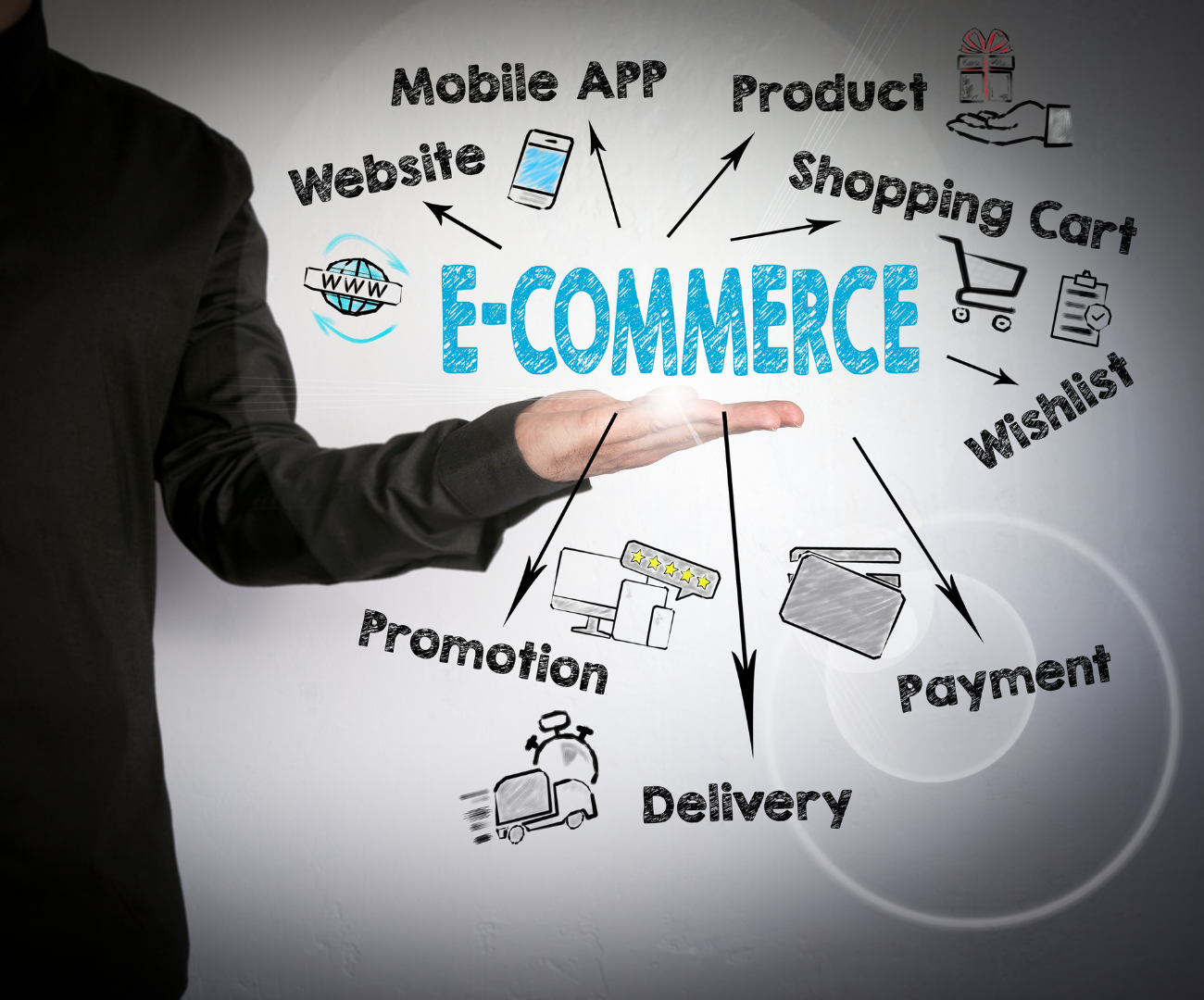Introduction
The digital revolution has redefined the global marketplace, and Pakistan is no exception. Over the past decade, the shopyistan.pk has experienced exponential growth, driven by increased internet penetration, a burgeoning young population, and the rising trend of online shopping. Today, an e-commerce store in Pakistan represents not just a business model but a significant shift in consumer behavior, offering convenience, variety, and competitive pricing to a growing number of tech-savvy customers.
Growth of E-commerce in Pakistan
The concept of an e-commerce store in Pakistan was relatively unheard of a decade ago. However, with the proliferation of smartphones and affordable data plans, online shopping has become a common practice among Pakistanis. According to recent reports, the e-commerce market in Pakistan has grown by over 50% annually, with projections indicating continued growth in the coming years. This surge is fueled by a combination of factors, including increased trust in online transactions, better logistics infrastructure, and the convenience of shopping from home.
Key Players in the Market
Several major players dominate the e-commerce landscape in Pakistan. Daraz, arguably the most recognized e-commerce store in Pakistan, has set the benchmark for online retail. Acquired by Alibaba, Daraz offers a wide range of products, from electronics and fashion to groceries and home goods. Other notable platforms include Telemart, Shophive, and Symbios, each offering unique value propositions to their customers.
The rise of niche e-commerce stores in Pakistan is also noteworthy. Platforms focusing on specific categories, such as fashion, electronics, or organic products, have carved out their own loyal customer bases. These niche stores cater to specific needs, providing curated selections that appeal to targeted audiences.
Challenges Facing E-commerce Stores in Pakistan
While the growth of e-commerce in Pakistan is impressive, the journey has not been without challenges. One of the primary issues is the lack of widespread digital payment solutions. Although platforms like Easypaisa and JazzCash have made strides in promoting digital transactions, a significant portion of the population still relies on cash-on-delivery (COD), which can be logistically challenging and riskier for e-commerce businesses.
Another challenge for an e-commerce store in Pakistan is the logistics infrastructure. Delivering products across a country as vast and diverse as Pakistan requires efficient and reliable logistics networks. While major cities like Karachi, Lahore, and Islamabad have relatively well-developed infrastructure, rural areas still pose a significant challenge.
Moreover, the issue of trust remains a hurdle. Many customers are still wary of online transactions, fearing fraud or the delivery of substandard products. E-commerce stores in Pakistan have to work hard to build and maintain customer trust, often through stringent quality checks, easy return policies, and robust customer service.
Opportunities for Growth
Despite these challenges, the future of e-commerce stores in Pakistan looks promising. The government has recognized the potential of the digital economy and has introduced several initiatives to support its growth. The National e-Commerce Policy aims to create a conducive environment for the growth of online businesses, focusing on digital infrastructure, payment solutions, and consumer protection.
The rise of social media also presents a significant opportunity for e-commerce stores in Pakistan. Platforms like Facebook, Instagram, and WhatsApp have become powerful tools for marketing and selling products. Many small businesses and individual entrepreneurs have successfully leveraged these platforms to reach customers directly, often bypassing traditional e-commerce platforms altogether.
Another promising trend is the increasing use of mobile commerce (m-commerce). With more Pakistanis accessing the internet via smartphones, there is a growing demand for mobile-friendly e-commerce solutions. An e-commerce store in Pakistan that prioritizes mobile optimization can tap into this expanding market and provide a seamless shopping experience for customers on the go.
Impact of COVID-19 on E-commerce in Pakistan
The COVID-19 pandemic has had a profound impact on the global economy, and Pakistan is no exception. However, one of the silver linings has been the accelerated adoption of e-commerce. With lockdowns and social distancing measures in place, more people turned to online shopping, leading to a significant boost for e-commerce stores in Pakistan.
This sudden surge in demand forced many traditional brick-and-mortar businesses to pivot to online models. Even those who were previously hesitant about entering the digital marketplace were compelled to do so to stay afloat. As a result, the number of e-commerce stores in Pakistan increased rapidly, with many businesses now operating hybrid models that combine online and offline sales channels.
Consumer Behavior and Preferences
Understanding consumer behavior is crucial for the success of any e-commerce store in Pakistan. Pakistani consumers are price-sensitive and often compare prices across different platforms before making a purchase. This has led to intense competition among e-commerce stores, each striving to offer the best deals and discounts to attract customers.
Moreover, there is a growing preference for local brands and products. Many consumers are now more inclined to support homegrown businesses, particularly those that offer unique, high-quality products. This shift in consumer preferences presents an excellent opportunity for local e-commerce stores in Pakistan to differentiate themselves and build strong brand loyalty.







